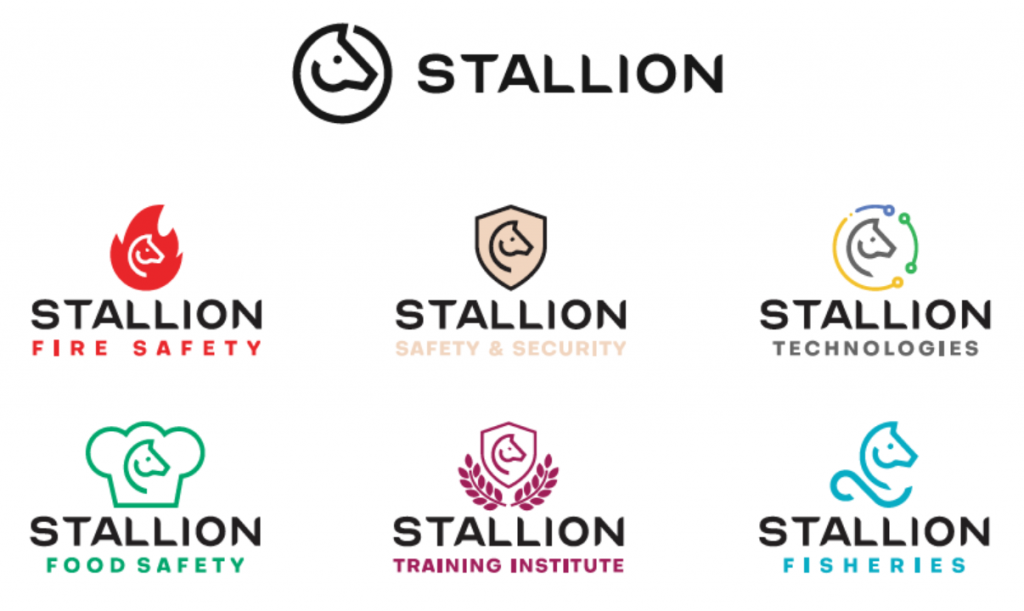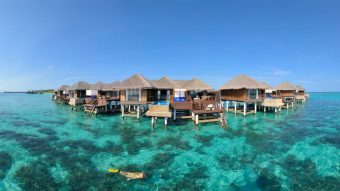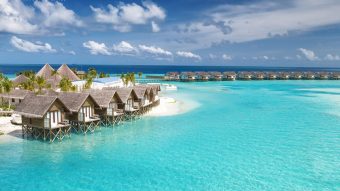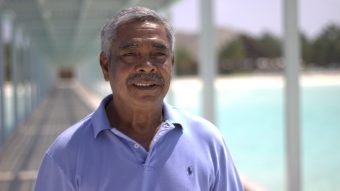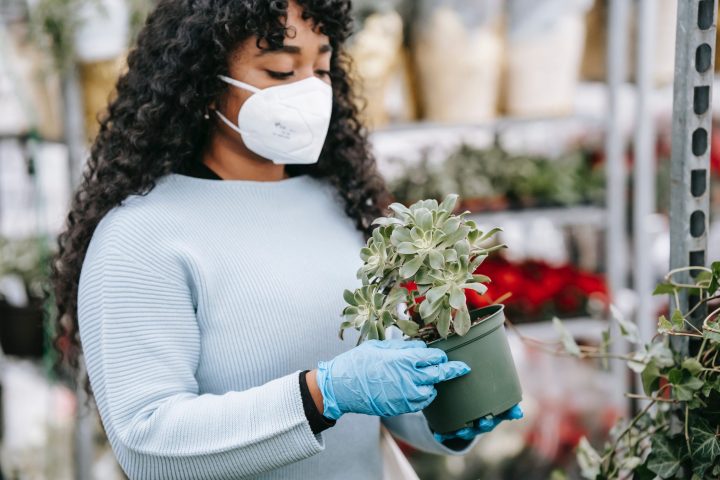
Pandemic and ‘The New Normal’
The onslaught of Covid-19 has had a devastating effect on businesses around the world, affecting all sectors to some extent. No one and nowhere has been spared. The pandemic has reached all corners of the globe and united people in a collective fight against an unknown enemy. Social media and the ever-increasing web of rumour, misinformation and fear mongering has created a world of fright, confusion, and uncertainty, on what Covid-19 is and when it will go away. Covid-19 is a coronavirus, of which there are many variants, some of which cause disease such as the common cold or SARS (severe acute respiratory syndrome). Covid-19 is a SARS variant, and, as with the common cold, is unlikely to be eradicated anytime soon, making it extremely important to be controlled.
The emerging ‘New Normal’ is a way to combat the spread of Covid-19, which is profoundly shaping the way everyone carries out their normal business operations and other everyday activities. It has created the need for cultural and social transformational change everywhere, which will themselves, require a robust mechanism for monitoring of both compliance and effectiveness.
Tourism has been one of the hardest hit sectors, with the tsunami of repercussions causing waves of fear and uncertainty around travel and all ancillary industries. As Tourism is the largest economic industry in the Maldives, finding ways to allay this fear and encourage tourists to return has been at the forefront of ministerial actions. The unique one-island, one-resort concept has enabled the Maldives to promote itself as a safe destination, resulting in over 555,000 tourists returning up to the end of December 2020, and more than 40,000 in the first 15 days of 2021. However, with the second and third waves of the virus sweeping over huge parts of the globe, the need for control measures and the importance of behavioural change in hygiene and sanitation have never been greater.
The need for ‘Safe Tourism’ has spawned a plethora of new standards and guidelines from WHO, and numerous worldwide agencies, resulting in initiatives such as WTTC Safe Travel, EIFEC, Clean & Care Certification, and the Clean Stay programs formulated by International brands. This has led to a confusing mix of documents, jargon and terminology to make the head of the average person spin.
The HPA / MOT / MFDA have created standards and guidelines that centre around the key global messages of Safe Tourism, cultural change and social awareness.
Core requirements are:
• Enhanced cleaning and disinfection, (which you could argue should have been there anyway!)
• A suitably trained workforce. (The importance of training can no longer be overlooked)
• Mandatory wearing of masks on all public transport and in public places (including shops), for EVERYONE.
• Provision of hand wash facilities and / or hand sanitisers.
• Clinics in ALL Resorts, which must have a healthcare professional and equipment capable of dealing with emergencies and Covid-19 outbreaks.
• Use of the contact tracing app “TraceEkee”
• Physical distancing measures.
Compliance to these are key to changing and controlling the course of Covid-19. Some resorts have a hygiene manager / Covid task force / Covid Compliance Officer in place to make sure that the required measures are adhered to. Compliance is much harder to enforce within local islands and the Greater Male Area as many businesses do not have the depth of workforce or finances to have a dedicated Compliance Officer, leaving these areas vulnerable to future surges of infection.
In addition, adherence to guidelines has largely been ignored, whilst owners and operators focus on the more immediate issues of cash flow and staying IN business! Enforcement is further hampered by the lack of understanding of the long-term effects, confusion, uncertainty and often the added pressure of the fact compliance is perceived as too expensive or too difficult to achieve.
The focus on Covid-19 has pushed other illnesses and issues into the background of people’s minds. Food Safety is one of them, however, several key components are intertwined such as personal hygiene and effective cleaning and disinfection. Since Covid-19 is not transmitted via food, the focus of contamination control has moved away from the kitchen team and is now firmly on the guest facing team members.
This means that the previously overlooked housekeeping department has been well and truly thrust into the spotlight. Other ancillary areas such as front office and transport facilities have also had a wake up, with more people actively looking for places / ways to wash or sanitise their hands and clean their working environments.
Inherently, these guest focused functions were excluded from the food hygiene training schedule, being deemed unnecessary or too expensive, especially for those who work in guest houses, safari vessels, cafés and restaurants, leaving a void in understanding the importance of hygiene and sanitation.
Understanding what FTP contact surfaces are, the correct chemicals to use, why short contact time sanitisers are important, what infection control procedures actually are and etc., are key to controlling infection. Confusion leads to a chasm of uncertainty and the resulting inaction presents an open door for new waves of infection & clusters of infection. Consequently, effective training across ALL team members is extremely important.
Utilizing the expertise of external thirdparty consultants, auditors and trainers to help with the practical aspects of HOW to implement the standards and explaining the reasons WHY they are necessary is an effective way to achieve compliance to the ‘new normal’.
Stallion Maldives has experienced consultants who can provide personalised support services to help businesses of all sizes with standard implementation, hygiene, safety and security measures, medical health emergencies and testing facilities, all component parts in adherence to the standards.
Courses are in both Dhivehi and English to help get the correct message across to the workforce. The workforce can in turn share this knowledge with friends and family, which helps raise awareness across the population so that everyone can contribute to creating a safer, Covid-19 controlled environment.
This further enforces the message being promoted by HPA that it is everyone’s responsibility to take the appropriate action to control the spread of Covid-19 and minimise the risk of infection.
Janet Smailes is Chief Consultant and Director at Stallion Food Safety Pvt Ltd., Stallion Maldives Group. You can reach her on janet@stallionmaldives.com
About Stallion Maldives
Stallion Maldives was established in 2020 to provide a complete solution for maintaining the safety and security of any business and its clientele. All services are carefully designed for the requirements of the specific business entity.
Stallion Maldives provides security, fire and emergency management services, food safety consultancy, hygiene and health support, technology and sustainability solutions, cyber security and training services.
Contact info:
E: info@stallionmaldives.com
T: +960 3004964 M: +960 9868171
Web: www.stallionmaldives.com




